Prepare thoroughly with these steps to ensure smooth international travel without unexpected hold-ups.
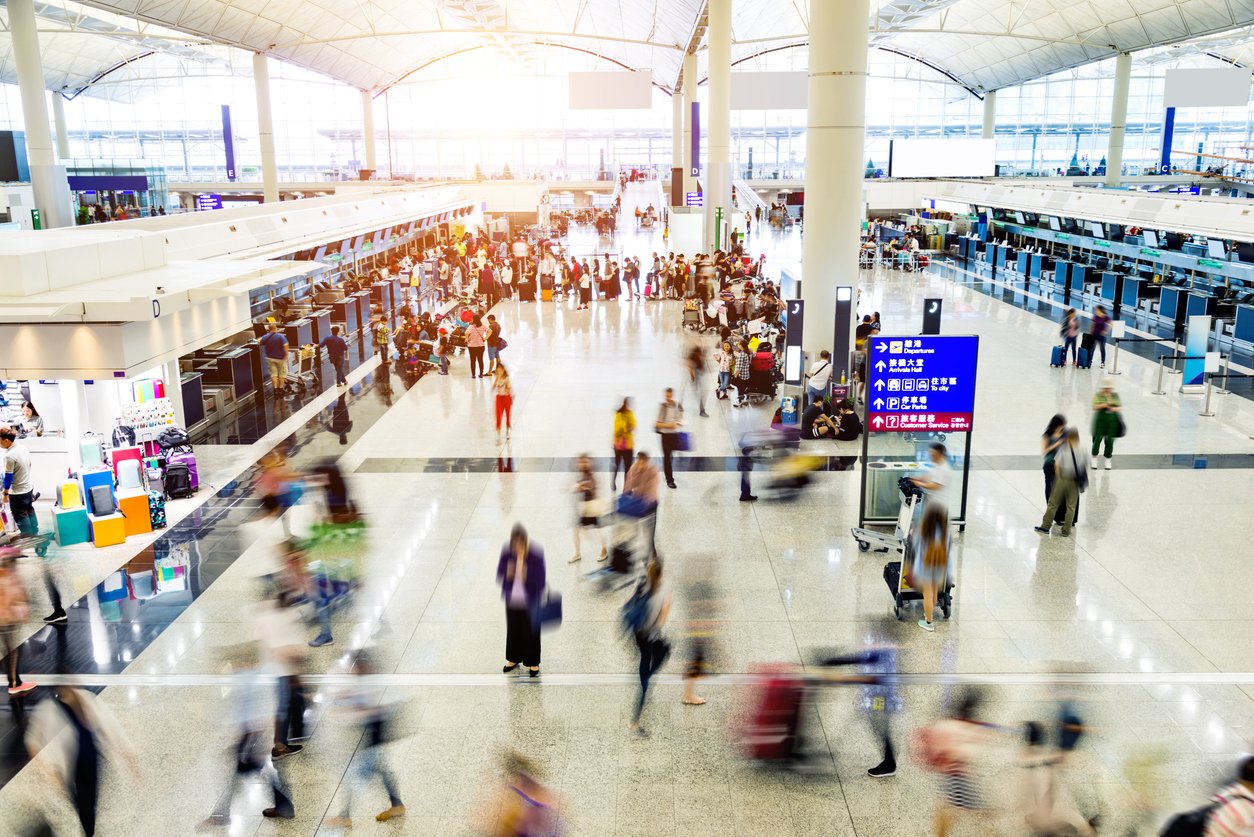
International travel requires careful preparation to prevent unforeseen delays that can disrupt your plans. From verifying passport validity and obtaining necessary visas to understanding customs regulations and arranging reliable transportation, each step matters. Taking timely actions such as confirming health requirements and organizing important documents can significantly streamline your journey and help you avoid common pitfalls encountered during international trips.
1. Verify your passport validity well in advance of your travel date.
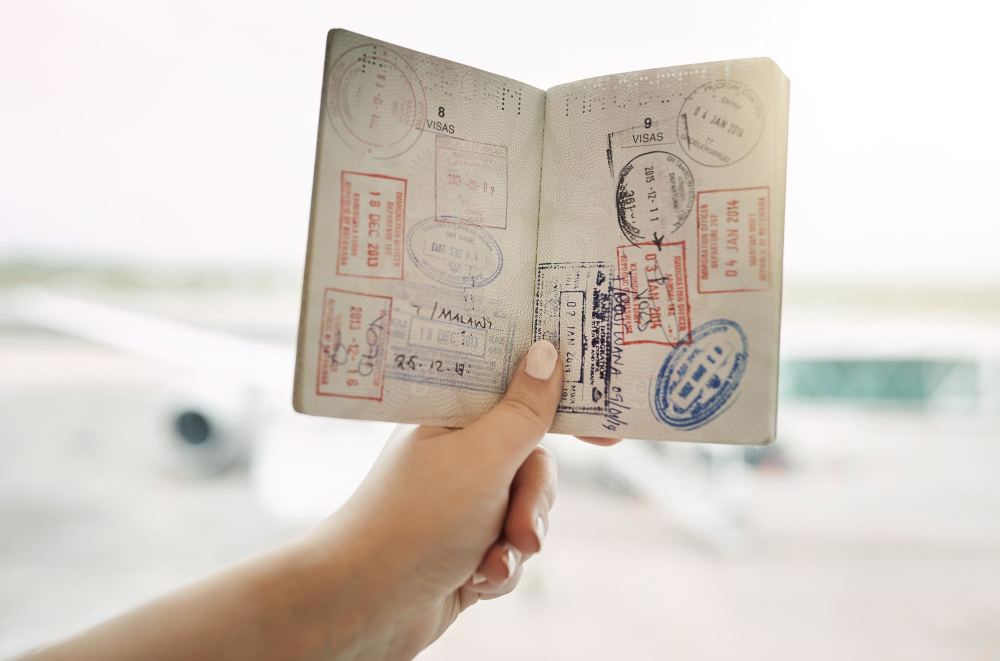
Before embarking on international travel, ensuring your passport has ample validity is crucial. Many nations require passports to be valid for at least six months beyond the arrival date. It’s a small booklet, but it can halt travel plans if it expires unexpectedly.
Checking your passport’s expiry date well ahead gives time for renewal, avoiding last-minute stress and potential trip cancellations. Renewal processes can take weeks, depending on demand or location, causing delays if overlooked. Always prioritize checking this key document in your travel preparations.
2. Secure necessary visas based on your destination country requirements.
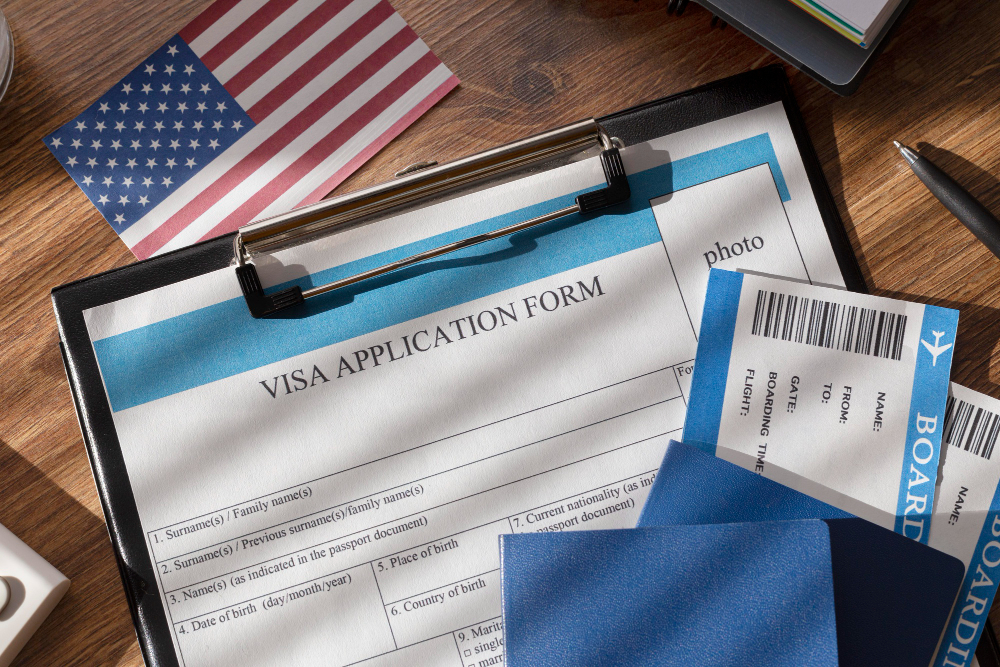
Travel visas are essential documents that authorize your stay in a foreign country. Requirements vary widely, with some destinations allowing visa-free visits while others demand applications weeks in advance. A passport stamp, in a specific color, can be a striking visual reminder.
Thorough research into each destination’s visa regulations prevents border issues. Missing this step might lead to refusal of entry at the airport, resulting in significant travel disruptions or denial of boarding. Keeping up-to-date with visa rules ensures smoother entry into destination countries.
3. Register your trip with your government’s travel advisory service.

Trip registration with your government’s travel advisory service offers added safety. These services keep travelers informed about potential risks or emergencies in destination countries. Their notifications, often delivered by email or text, can become valuable in unexpected situations.
This registration process provides a direct link for government assistance if traveling outside usual communication means. During unforeseen events, such as natural disasters or political unrest, this step allows your government to contact you efficiently, offering guidance or aid if needed.
4. Check airline policies for baggage size and prohibited items.
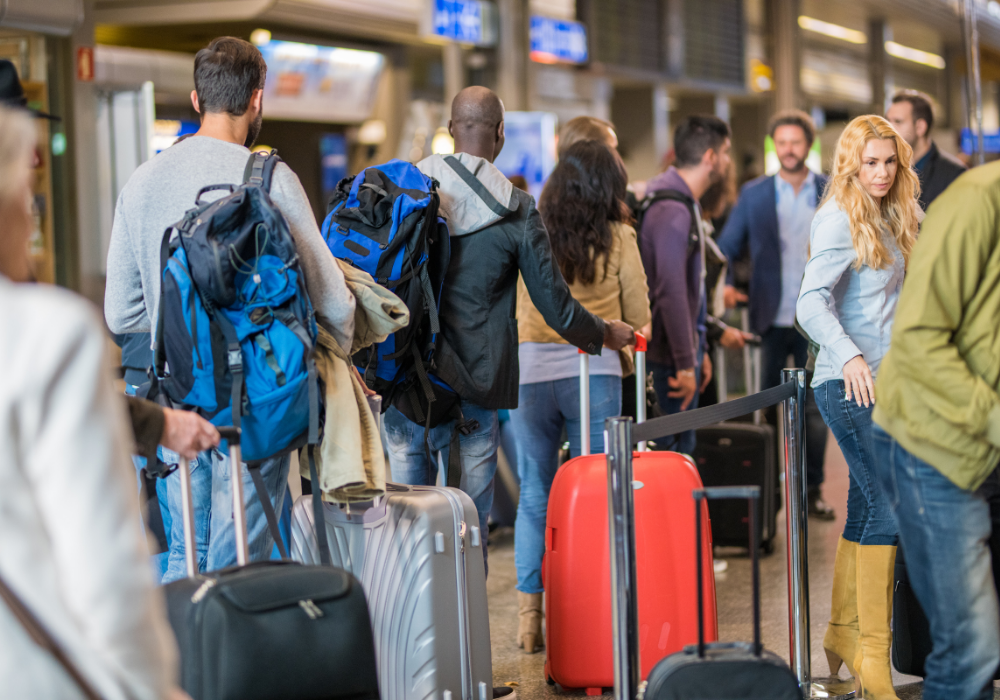
Airline baggage policies outline rules concerning checked and carry-on item sizes and weights. These regulations differ greatly between carriers, sometimes even on a single journey with multiple airlines. A bright red suitcase may stand out, but if oversized, additional fees apply.
Being aware of these specific rules avoids unexpected costs and delays at the check-in counter. Items classified as prohibited, like certain liquids or sharp objects, can lead to denied boarding if discovered. A diligent review of guidelines ensures seamless passage through airport procedures.
5. Arrange airport transfers to avoid last-minute transportation delays.
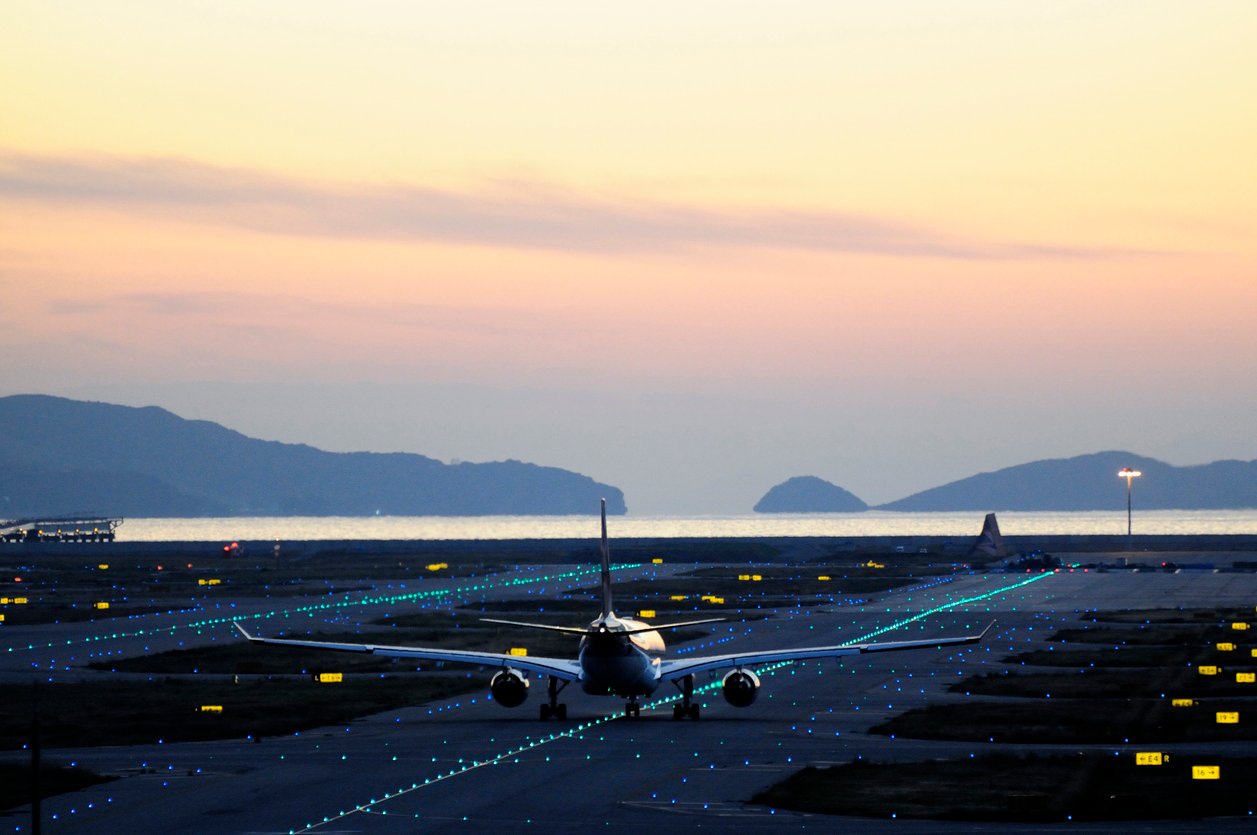
Arranging airport transfers ensures timely arrival for flights. Public transit options or rideshare services can be convenient but sometimes unpredictable with traffic or scheduling changes. A yellow taxi may not always be waiting when time is tight.
Pre-booking reliable transfer options reduces the risk of missing flights due to transit disruptions. Planning these logistics well in advance enhances peace of mind, as unforeseen delays, particularly in unfamiliar cities, add unnecessary stress. Efficient transportation arrangements support a smooth start to a journey.
6. Notify your bank of international travel to prevent card issues.

Notifying your bank about international travel prevents unexpected card issues. Banks often monitor transactions for unusual activity, so foreign charges may trigger automatic holds. A sudden card freeze while abroad, perhaps during dinner, can be an inconvenient experience.
Informing your bank of travel plans helps maintain uninterrupted card access, ensuring seamless transactions. This proactive step supports financial security, eliminating potential disruptions during a trip. It grants peace of mind, knowing that funds remain readily available when exploring new destinations.
7. Download offline maps and translation apps for smooth navigation.

Offline maps and translation apps provide crucial assistance when traveling without consistent internet access. These digital tools ensure efficient navigation and understanding of local languages. A pocket-sized device, such as a phone, becomes invaluable when connection is complicated.
Downloading resources ahead of time allows independent exploration without incurring roaming charges. The confidence of locating sites or communicating needs enhances the travel experience, letting one embrace new cultures comfortably. This preparation transforms a smartphone into a versatile travel companion.
8. Confirm vaccination or health documentation needed for entry.
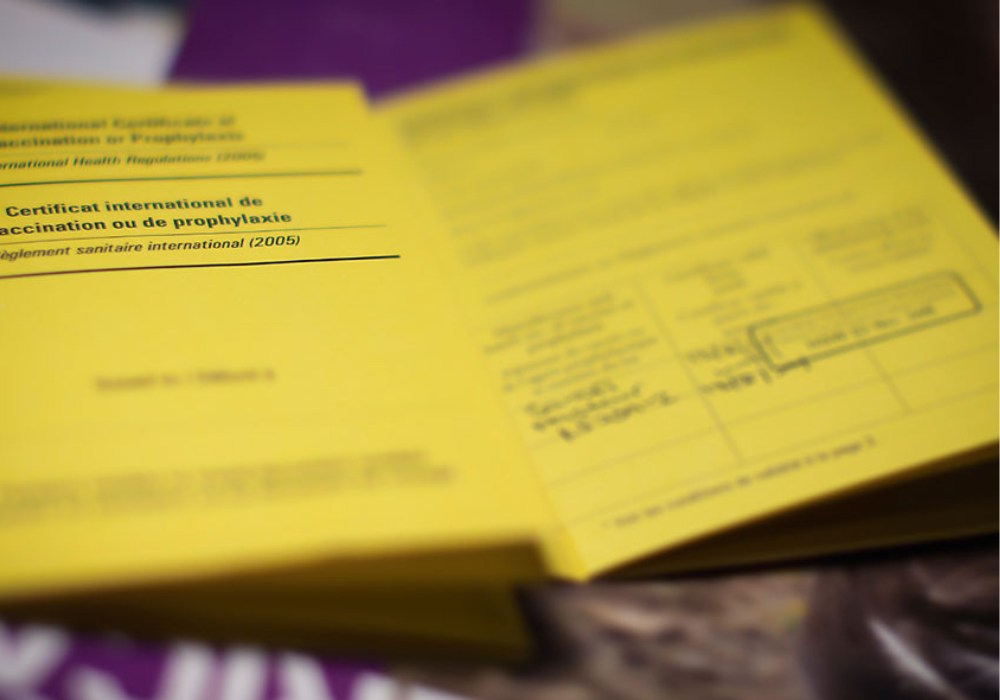
Vaccination and health documentation is vital for entry into many countries. Some nations require proof of specific vaccines, such as yellow fever, documented in a small yellow book. Without it, crossing borders can become challenging.
Confirming health requirements safeguards travelers against potential refusals at checkpoints. It’s practical not only for preventing border delays but also for personal health security. Being informed ensures compliance with health regulations, promoting smooth admission into destination territories and protecting personal wellness.
9. Pack essential documents in an easily accessible travel organizer.
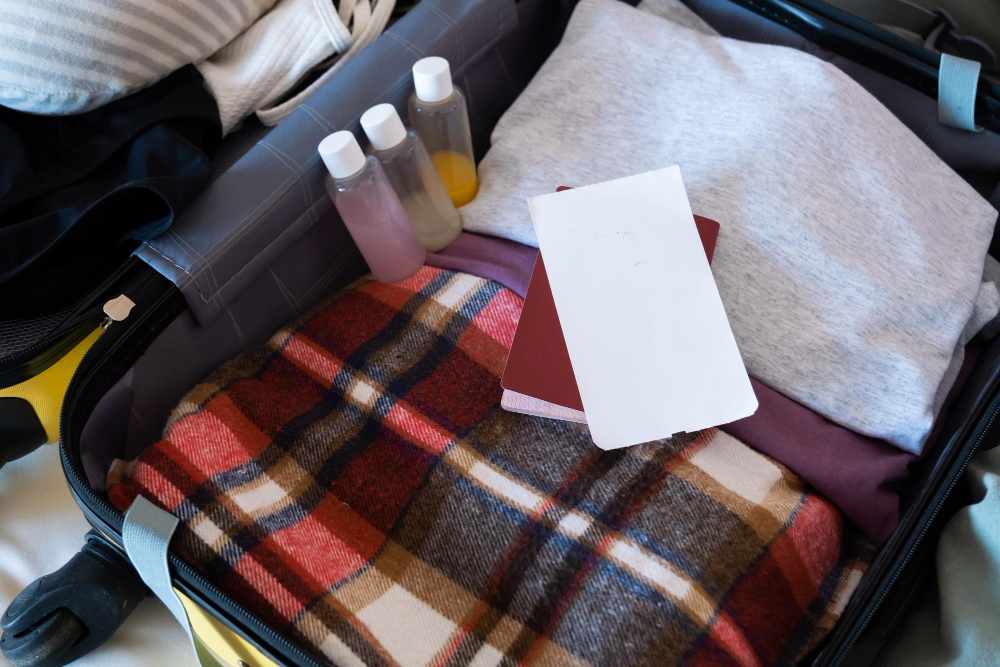
Essential travel documents, such as passports, visas, and itineraries, should be stored in an easily reachable travel organizer. This practical accessory offers convenience and prevents unnecessary complications at check-in or customs, cutting down search time for critical papers.
Organizing documents thoughtfully allows for quick access during transitions between checkpoints. Encountering a smooth travel flow enhances focus on enjoying the journey rather than stress over misplaced pages or missing confirmations. It creates an efficient, streamlined travel routine each step of the way.
10. Review customs regulations to understand what you can bring abroad.
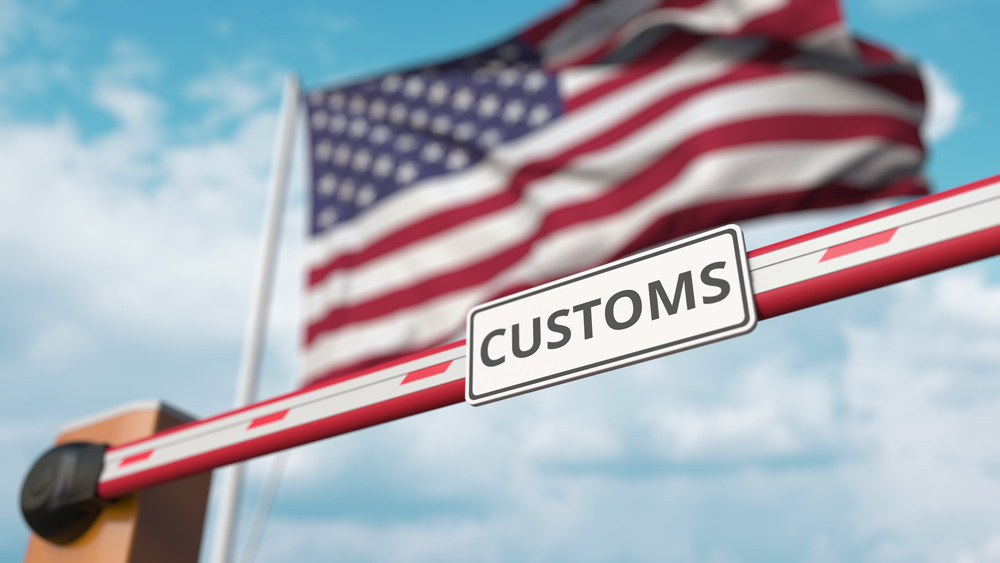
Customs regulations determine what items travelers can legally bring into a country. Rules vary, involving specific limits on goods like medicines, foodstuffs, or souvenirs. A wooden figurine might seem harmless but could require declaration to avoid penalties.
Knowing these regulations prevents fines or confiscations upon arrival. Lack of awareness may culminate in delays or additional questioning, potentially disrupting travel plans. Clear understanding of import restrictions assures compliance, enabling a hassle-free customs experience and easing passage into new regions.
11. Allow extra time at the airport for security and check-in.

Extra time at the airport allows for unexpected delays during security and check-in processes. Heavy travel periods can lead to lengthy lines, with the average wait at security lanes reaching up to 45 minutes or more.
Planning extra time into travel schedules provides a cushion against such contingencies. Rather than panicking when faced with long queues, travelers can remain calm, knowing they accounted for these situations. Ample preparation mitigates stress, allowing a trip to begin on a positive, relaxed note.
